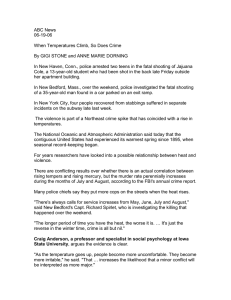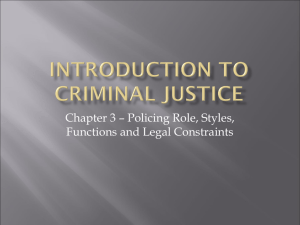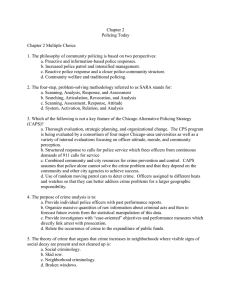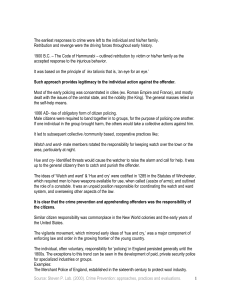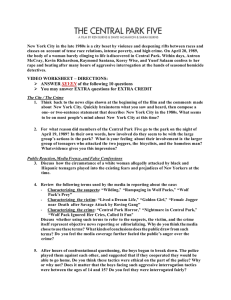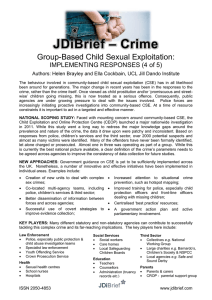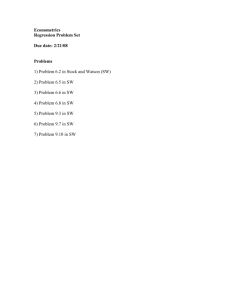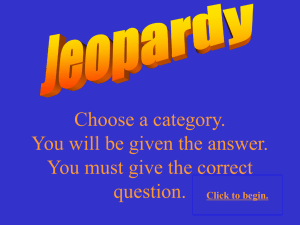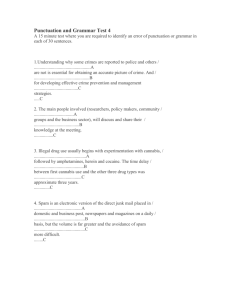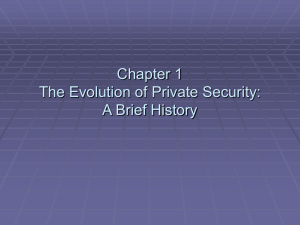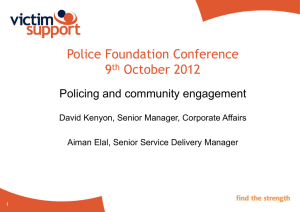Review Guide – 3024
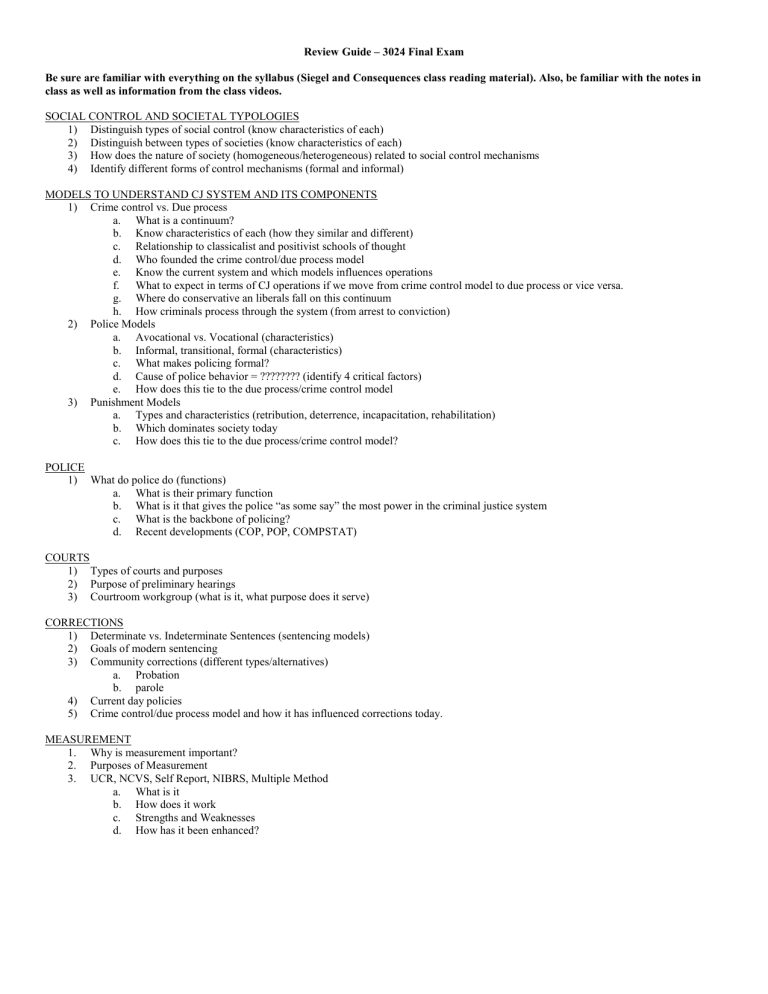
Review Guide – 3024 Final Exam
Be sure are familiar with everything on the syllabus (Siegel and Consequences class reading material). Also, be familiar with the notes in class as well as information from the class videos.
SOCIAL CONTROL AND SOCIETAL TYPOLOGIES
1) Distinguish types of social control (know characteristics of each)
2) Distinguish between types of societies (know characteristics of each)
3) How does the nature of society (homogeneous/heterogeneous) related to social control mechanisms
4) Identify different forms of control mechanisms (formal and informal)
MODELS TO UNDERSTAND CJ SYSTEM AND ITS COMPONENTS
1) Crime control vs. Due process a.
What is a continuum? b.
Know characteristics of each (how they similar and different) c.
Relationship to classicalist and positivist schools of thought d.
Who founded the crime control/due process model e.
Know the current system and which models influences operations f.
What to expect in terms of CJ operations if we move from crime control model to due process or vice versa. g.
Where do conservative an liberals fall on this continuum h.
How criminals process through the system (from arrest to conviction)
2) Police Models a.
Avocational vs. Vocational (characteristics) b.
Informal, transitional, formal (characteristics) c.
What makes policing formal? d.
Cause of police behavior = ???????? (identify 4 critical factors) e.
How does this tie to the due process/crime control model
3) Punishment Models a.
Types and characteristics (retribution, deterrence, incapacitation, rehabilitation) b.
Which dominates society today c.
How does this tie to the due process/crime control model?
POLICE
1) What do police do (functions) a.
What is their primary function b.
What is it that gives the police “as some say” the most power in the criminal justice system c.
What is the backbone of policing? d.
Recent developments (COP, POP, COMPSTAT)
COURTS
1) Types of courts and purposes
2) Purpose of preliminary hearings
3) Courtroom workgroup (what is it, what purpose does it serve)
CORRECTIONS
1) Determinate vs. Indeterminate Sentences (sentencing models)
2) Goals of modern sentencing
3) Community corrections (different types/alternatives) a.
Probation b.
parole
4) Current day policies
5) Crime control/due process model and how it has influenced corrections today.
MEASUREMENT
1.
Why is measurement important?
2.
Purposes of Measurement
3.
UCR, NCVS, Self Report, NIBRS, Multiple Method a.
What is it b.
How does it work c.
Strengths and Weaknesses d.
How has it been enhanced?

